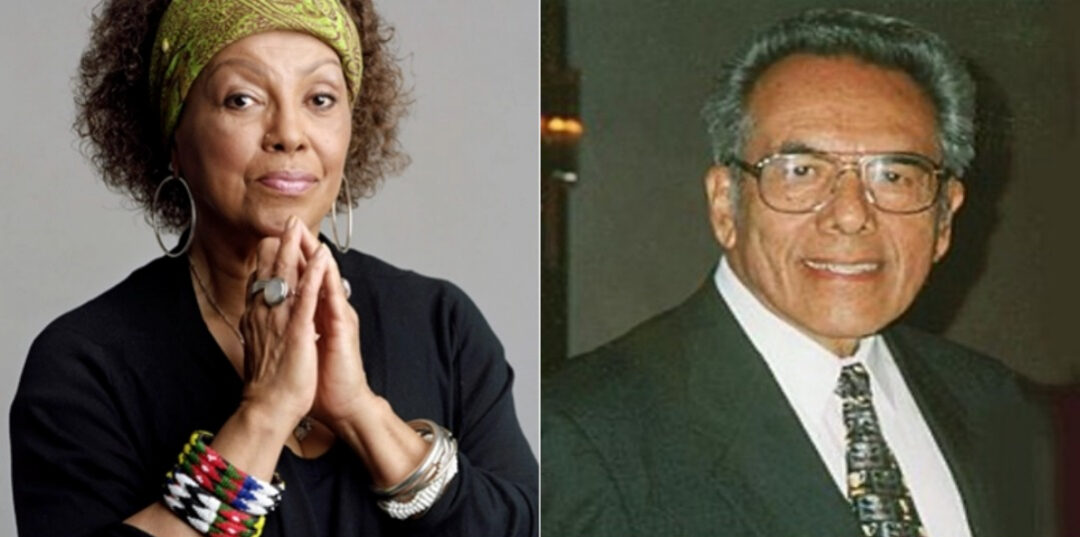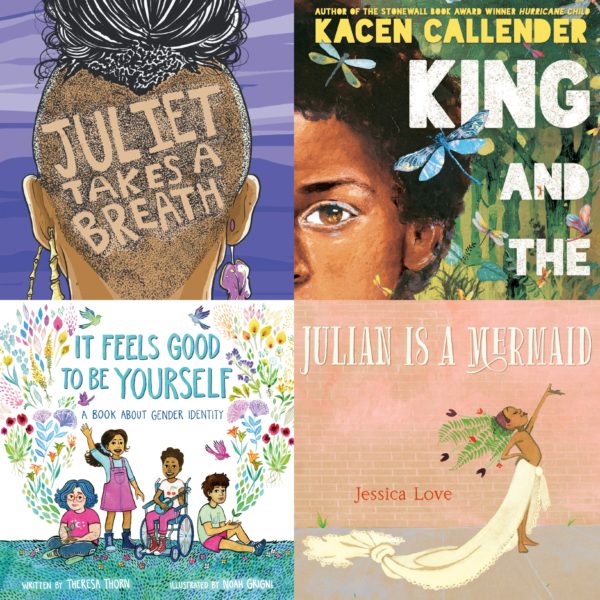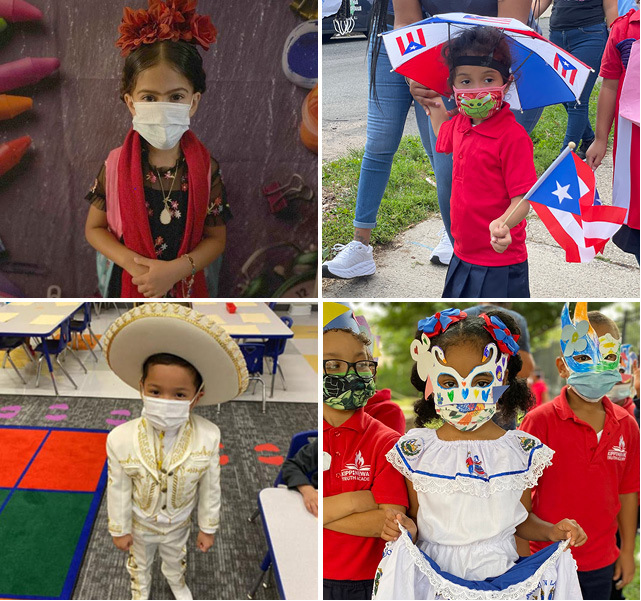This Latinx Heritage Month, we are celebrating Latinx educators who have made significant impacts in education. These educators are important and paved the way for educators of color and the improvement of school systems for the Latinx community.
Arturo Islas
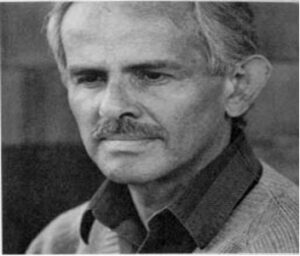
Arturo Islas was a novelist, essayist, and poet and one of the first people of Chicano background to earn a Ph.D. in English from Stanford University, where he also served as a professor. He was born on May 24, 1937, to a working-class Chicano family in El Paso, Texas. He is best known for the novels “The Rain God” and “Migrant Souls,” which narrate the migration of the Angel family to the Texas desert from Mexico during the Mexican Revolution. His work often included his experiences as an LGBTQIA+ member and how that related to class, race, and homophobia in the Chicano community.
Arnulfo Trejo
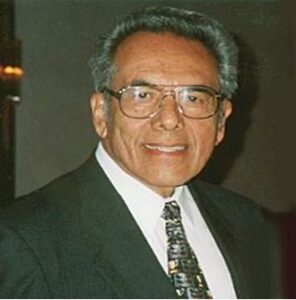
Arnulfo Trejo was a Mexican-born librarian who advocated for more Spanish-language literature in college libraries. Trejo began his career as UCLA’s reference librarian. By 1970, he had helped build one of the most extensive collections of Latin American literature in the United States as Associate Professor of Library Science and Bibliographer for Latin American Collections of the University of Arizona. He was also a founding faculty member of the Graduate Library School, where he began teaching courses in Latin American Bibliography in 1970. He is best known for founding REFORMA, The National Association for the Promotion of Library Services to the Spanish Speaking, in 1971 and for creating the Graduate Library Institute for Spanish Speaking Americans at the University of Arizona’s Graduate Library School.
Dr. Helen Rodriguez-Trías

Dr. Helen Rodriguez-Trías was an educator, public health advocate, and women’s rights activist. She was the first Latina president of the American Public Health Association (APHA), a founding member of the Women’s Caucus of the APHA, and a recipient of the Presidential Citizens Medal. Dr. Rodriguez-Trías was born in 1929 in New York City and earned her medical degree at the University of Puerto Rico. She cultivated her passion for activism and founded Puerto Rico’s first center for newborn babies, cutting infant mortality rates by half. She also worked at Lincoln Hospital, where she served impoverished communities. In the 80s, she served as the medical director of the New York State Department of Health of AIDS Institute, where she worked on behalf of women and children with HIV/AIDS.
Jaime Escalante
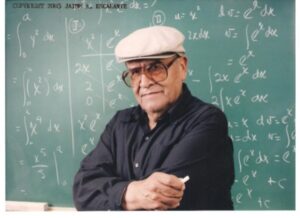
For many, the name Jaime Escalante is familiar, as the teacher who inspired the 1988 film “Stand and Deliver.” Born in 1930 in La Paz, Bolivia, and the son of elementary teachers, he taught physics and mathematics for years before migrating to the United States in 1963 due to political unrest in his country. This Bolivian-American educator was a charismatic East Los Angeles high school teacher who showed the nation that inner-city students could master subjects as demanding as calculus. In 1982, he made headlines when all of his students at Garfield High School took and passed the AP exam in Calculus, such a challenging course exam. The Educational Testing Service, which administered the College Board exam, invalidated the scores due to suspected cheating. There was a public outcry with claims the students were targeted due to their Mexican American heritage. Fourteen students retook the test, and 12 of them passed. Escalante became one of the most renowned teachers in America. He received the Presidential Medal for Excellence and was inducted into the National Teachers Hall of Fame in 1999.
Marta Moreno Vega
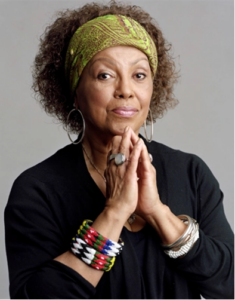
Dr. Marta Moreno Vega is an Afro-Latinx Puerto Rican activist, scholar, artist, author, and educator who has dedicated her life to ensuring the contributions of African and African descendants are an integral part of our society. Born in East Harlem in 1942, Vega received her B.A. and M.A. in Education from New York University and, in 1995, received a Ph.D. in African Studies from Temple University. She is the founder of the Caribbean Cultural Center African Diaspora Institute and was the second director ever of the El Museo del Barrio in New York City. She is also one of the founders of the Association of Hispanic Arts and founded the Network of Centers of Color, and the Roundtable of Institutions of Colors. Moreno Vega is chief editor of “Women Warriors of the Afro-Latina Diaspora,” author of The Altar of My Soul,” and memoir “When the Spirits Dance Mambo: Growing Up Nuyorican in El Barrio,” which is also the name of the documentary she directed and co-produced. She collaborated with civil rights lawyers and organizations to highlight displaced Puerto Ricans’ plight after hurricanes Irma and Maria.
All of these educators have influenced the way that we learn about Latinx Heritage. Their contributions and commitment to education have positively impacted educationally underserved communities.
By: Kennedi Wesley, Duke Class of 2023 – KIPP Texas Alum and 2022 KIPP Foundation intern.


